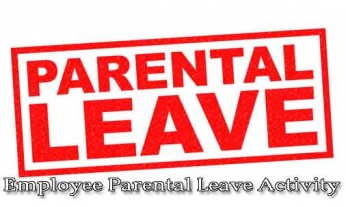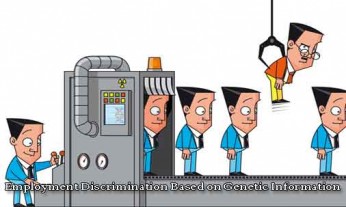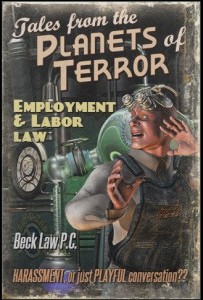 Last August we discussed California’s public policy exception for at-will employment – which prohibits employers from firing employees for reasons that contravene public policy. Since then, a California appeals court has ruled in favor of an employee who was fired for reporting a crime to the police, holding that her termination was in opposition to public policy.
Last August we discussed California’s public policy exception for at-will employment – which prohibits employers from firing employees for reasons that contravene public policy. Since then, a California appeals court has ruled in favor of an employee who was fired for reporting a crime to the police, holding that her termination was in opposition to public policy.
Carcenas V. Fanaian – Facts of the Labor Law Case
In 2010, Rosa Lee Cardenas was working as a dental hygienist for a dentist named Masoud Fanaain. She realized one day that her wedding ring was missing and concluded that it had been stolen from Dr. Fanaian’s office. Cardenas and her husband filed a theft report with the police, and soon after, some police officers showed up at the dental practice and questioned employees.
After the police came to the office a second time, Fanaian terminated Cardenas’s employment. He told her that the presence of the police was making the staff uncomfortable. Cardenas filed a complaint against his practice in 2011, asserting that her firing was in violation of public policy.
Cardenas’s complaint also stated that her firing violated Section 1102.5 of the California Labor Code. 1102.5 prohibits an employer from retaliating against an employee for giving information to law enforcement, if the employee has reason to believe that the information pertains to a violation of the law. (It also protects employees who testify about legal violations and employees who give information to coworkers who have the authority to investigate legal violations.)
The Court’s Employment Law Holding
At trial, the jury sided with Cardenas regarding both causes of action and awarded her $117,768 in damages. Fanaian appealed the verdict to the Court of Appeal for California’s Fifth District, arguing that the firing did not contravene public policy.
The Court of Appeal upheld the decision. According to the opinion, Cardenas was engaging in protected behavior when she reported the theft of her wedding ring to the police because theft is a violation of the California Penal Code. Because there was a causal link between Cardenas’s police report and the decision to fire her, the termination was in violation of public policy.
Fanaian’s appeal asserted that that 1102.5 applies only when an employee discloses information about wrongdoing that is specifically related to the employer’s business activities. The Court of Appeal rejected this argument, holding that the plain language of 1102.5 does not contain any requirement that the information be about business activities. According to the opinion, the statute reflects an intent by the legislature to encourage employees to report unlawful conduct in general, and not just unlawful conduct by their employers. [Read more…]







